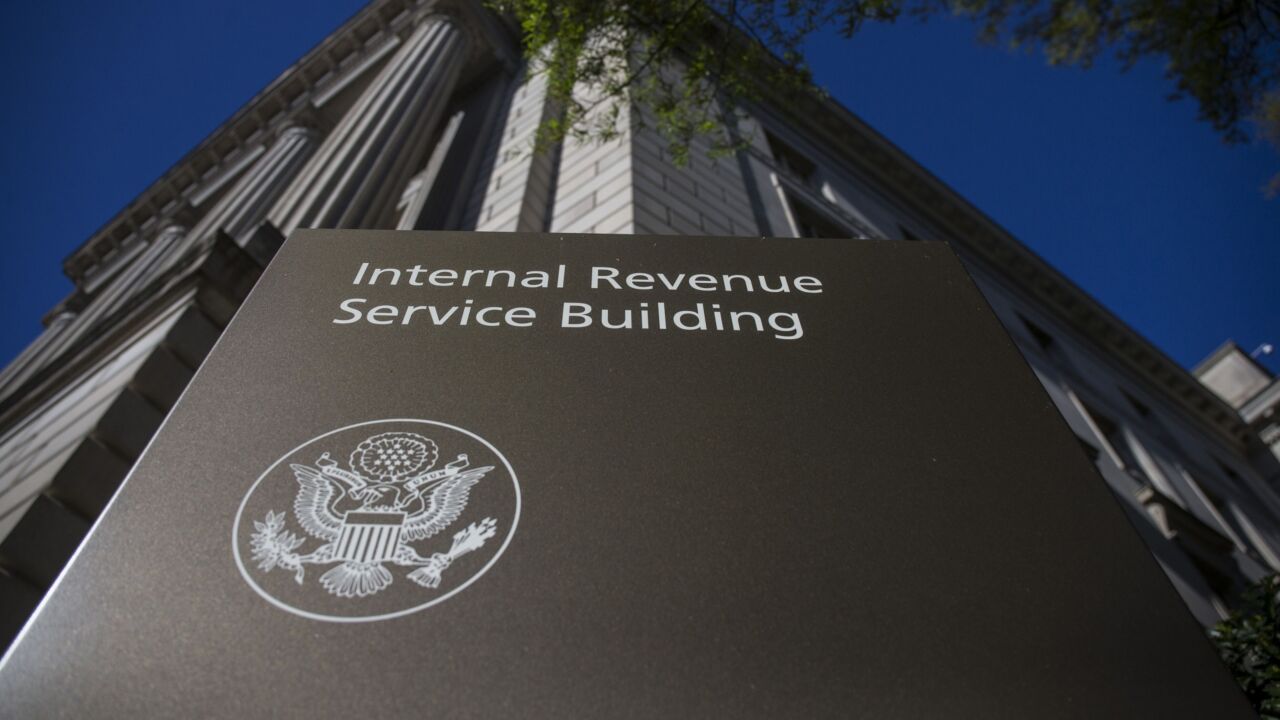The International Federation of Accountants issued a report Monday indicating strong support for international accounting and auditing standards, particularly in areas where IFAC member organizations are involved in the process from beginning to end.
The report includes data from more than 170 professional accountancy organizations that make up IFAC’s membership. The
The results back up an earlier report from IFAC last year that found wide support for the standards in a subset of the jurisdictions. “The big difference is that the prior report was an initial indication of findings based on an analysis of about half our jurisdictions,” said Joe Bryson, director of quality and development at IFAC. “This is the first complete report assessing all the areas and jurisdictions. This helps confirm what we had initially seen, that there is a strong commitment to the international standards. They haven’t seen a reduction at all in the commitment to a global language for high-quality financial reporting and auditing with the stakeholders. Despite the major political trends toward nationalism and isolationism, the language of financial reporting, accounting and auditing is still moving in a common direction.”

The report indicated a positive trend in international standards’ usage where IFAC member organizations have at least some authority in the standard-setting and regulatory environment. However, more support from international policymakers and regulatory organizations, along with leaders from government, academia and business, is needed to extend the adoption success story by creating the right conditions for implementation.
“Since there are no international laws requiring nations to adopt and implement international standards, support from IFAC’s member organizations for these dual objectives is critically important to progress,” stated IFAC CEO Kevin Dancey. “This new report reinforces the impact of standards in driving transparency and creating a common language for high-quality financial information.”
IFAC has been working more closely with the Monitoring Group of international financial and auditing regulators, who had been pressing for changes in the composition and governance of standard-setting boards like the International Auditing and Assurance Standards Board. “There’s a strong dialogue between the Monitoring Group and IFAC to focus on where we agree change needs to occur and getting lined up on how we can constructively work together to realize those and I think that’s very positive,” said Bryson. “What this report demonstrates is the absolute importance of IFAC and its member organizations in the rising adoption of the standards.”





